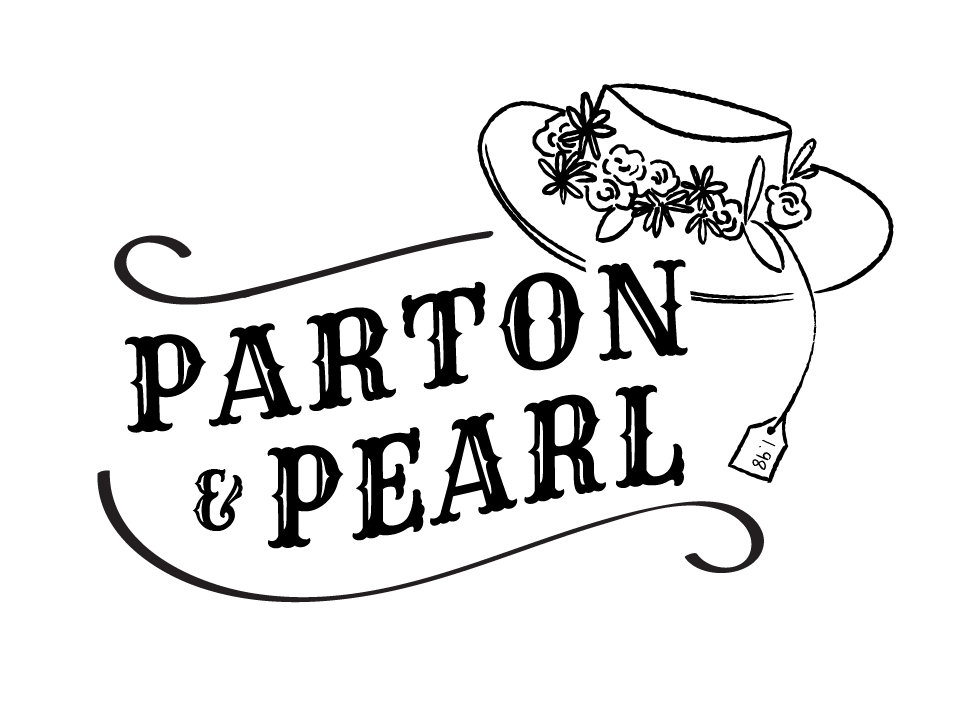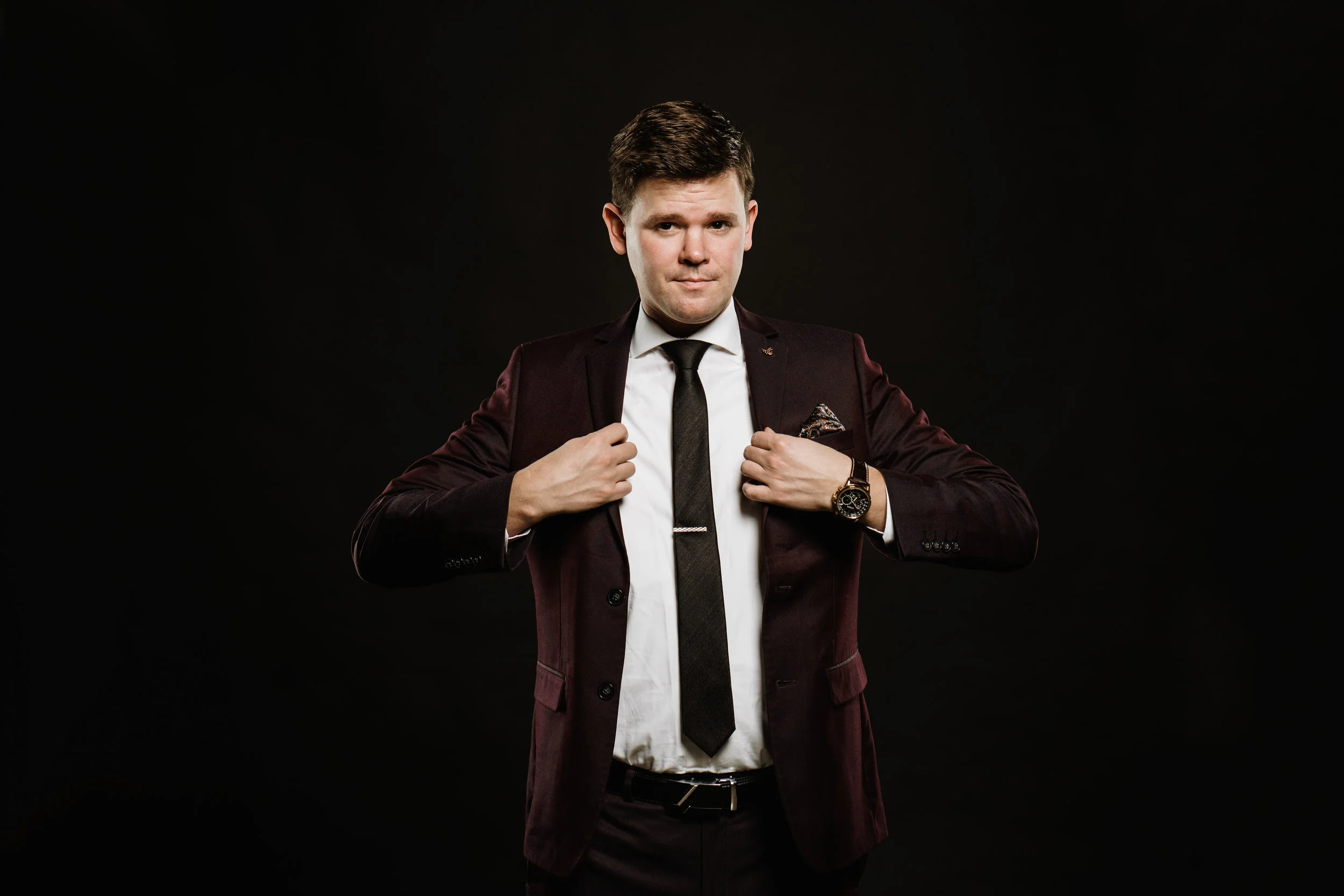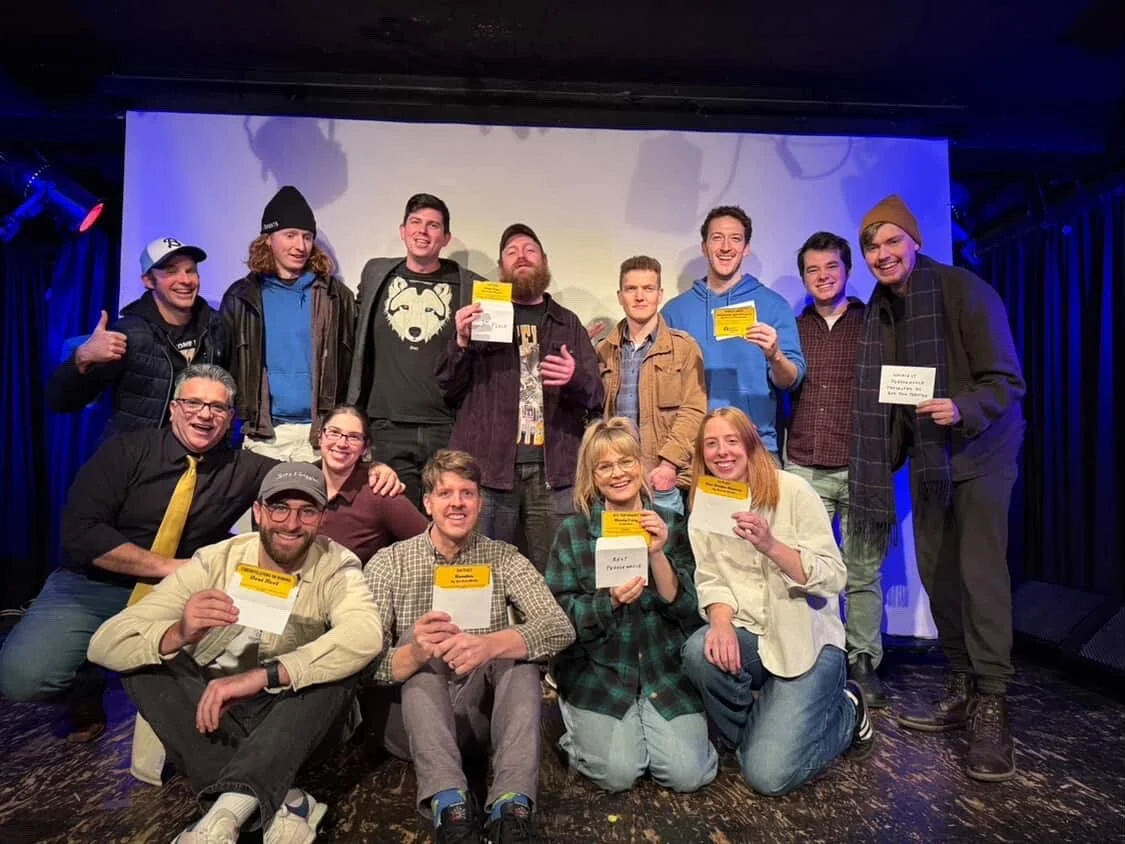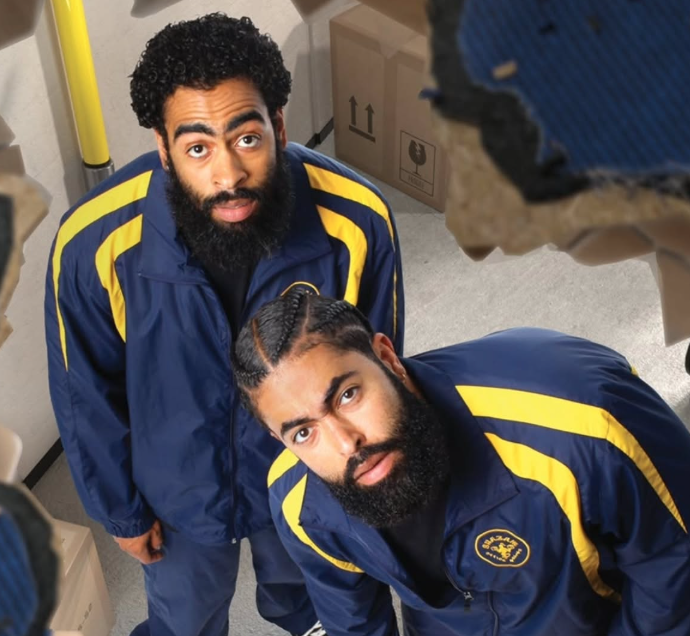Ivan Decker and the Science of Stand-Up
Ivan Decker is a super funny comedian who’s got a Netflix special, has appeared on Conan, and absolutely CRUSHED every time I’ve seen him. He’s Canadian and we’re all proud of him. We spoke about comedy and what shaped his voice over the years.
Ivan Decker. Photo by Jon-Mark Wiltshire
Ivan Decker: Nice to see you pal.
Mike Carrozza: Nice to see you too.
[We talk.]
Carrozza: We talk over each other!
Decker: My fiancee and I are from families like that. You gotta get in there or you’re not gonna get a chance to talk.
Like jumprope.
I didn’t realize not everybody’s like that.
That’s flow of conversation.
My problem is that I’ve collected lots of anecdotes over the course of my life. So anything that anybody talks about, I’m like “I have something interesting to add.”
That’s a conversation!
Yeah, but then I don’t…give them a turn.
(Both laugh)
Carrozza: What attracted you to comedy?
Decker: The science of it. The act of building. It’s like the pursuit of meditation - to think about nothing - which is extremely difficult. You may never fully get there. It’s the pursuit that makes it good. That’s what I want my jokes to be. Nothing. Not funny at all.
(Both laugh)
I want them as funny as possible with the fewest amount of words. It’s that little experiment. Every time I do a joke, I change something. You’re constantly doing these tests. It makes Zoom comedy impossible. You’re not getting the whole response.
You miss the feeling of a room.
90% of communication is non-verbal. That’s why you can “talk” to a horse. Horses don’t speak, but we’ve been talking to horses forever.
You lose more than half of what performing is.
You’re talking to a camera, it’s different. That’s Tik Tok or Instagram. Plenty of people are good at that stuff.
Zoom’s awkward - everyone’s muted. I can see them laughing, but nothing that helps with rhythm and momentum.
That sense is something you don’t know you’re accumulating as a skill until it’s not there. Everybody talks about writing stand-up but to write stuff down without getting to try it feels pointless.
I’m very much a write from the stage guy. Record it, find what worked and didn’t. "How do I use what I improvised?” I can surprise myself! That’s the fun for me. I’m in my audience. I like to laugh with me!
The main thing for me - “is this something people are going to care about?” There has to be some connection. If I go up and say [joke premise], I need to feel somebody agree with me. I’m not trying to change anybody’s mind. Some comedians get push back and go “okay here we go I’m gonna convince them”.
Bill Burr.
He’ll start with pushback, then he switches and suddenly you’re agreeing with him!
Then he bags on you FOR agreeing with him.
He’s so good at skirting that line. The problem with comics who dance along that line is you have to move with the line. If you’re skirting back and forth, it’s titillating. If you go too far, nobody’s going with you.
You can’t get back to the line.
It’s such a hard part about everything being recorded now. Because you have to do the experiment. Sometimes it blows up in your face. If they mess up and it’s not funny, they’ve offended people. They’ve caused harm. My mistakes? I bomb, nobody likes me. Their mistakes? They’re a racist and racists go “I’m buying tickets to your show” Oops! Oopsy!
They’ve got a racist fanbase now.
They make enough “mistakes”, they see the money from being an edgelord and go “I’m gonna do that”. It’s so funny because in the 80s-90s, selling out was doing material that people liked -
Clean comedy!
Now, selling out’s becoming an edgelord. “I’ll say things these people agree with.” On both sides! There are people who just don’t do comedy. They say what the audience will agree with. “Here’s a thing that YOU believe!” It’s fun to be around. But it’s not hilarious.
People are laughing! But it’s not funny!
They’re cheerleading. You gotta be careful, because clapter feels good!
No critical eye! You can tell for some, their goal isn’t to be funny but to be -
Famous, right. You’d be fooling yourself if you said that no comics want to be famous.
I’d love to be famous for the ability to choose projects. I still want to write jokes and get laughs in a creative way. You know how badly I want to write for late night.
And you’d destroy. You’d be so good. That kind of comedy that’s fun and goofy. It’s so hard to do and doesn’t get the credit.
I appreciate that very much.
I’d say our styles aren’t exactly aligned but we’re in the same camp: we’re silly oriented. It’s not as easy to develop - it’s cleanish. The whole idea of a joke is tension and relief. The edgelord stuff has built-in tension. You’re coming to the table with ingredients. With clean or observational comedy, you’re taking topics and making them tense. I think it’s harder. Clean comedy gets a bad rap. “Oh, it’s so safe!” It’s not! YOU go to a bar full of bikers in Kelowna and tell me which joke you feel safer telling, the jerk-off joke or the joke about hamsters.
—————
Carrozza: Who are the people you would compare yourself most to?
Decker: The main criticism of me - Mulaney is the first one they go to if it’s strictly visual. “He wears a suit! Mulaney!” If you listen to our comedy styles, they’re quite different. He’s a storyteller. I do observational comedy. Mostly about food. I’ve told critics to please be better and call me a Hack Gaffigan if you’re going to do that at all. I love Gaffigan. Regan. Bargatze is incredible. When I started - I started at 19 - the only comics I had access to were on cable. Chappelle and Chris Rock were my favourites.
When you started comedy, did you have a style that you were emulating?
When I started, I was much more like Hedberg.
One-liners!
The daunting thing about comedy to me was writing a bit that’s five minutes long on one topic. I thought these guys would sit down, pen to paper. I didn’t realize it takes two-three years. Hedberg was doing simple little jokes and moving on. I didn’t know that was allowed. This was pre-podcast, there was nothing on the internet to help you. I had pirated HBO specials. Chappelle’s Killing Them Softly was huge. Then Seinfeld’s special came out. I didn’t know he’d been developing these jokes for 18 years. I’d just heard the Silver Medal joke. It was the greatest thing I’d ever seen.
Comedian came out, first of its kind. I just used that as my road map this is how comedy happens. In the movie, it’s “get on stage as much as possible”. What I’d amend to that is get up on stage in as many different environments as possible. Try your material in all scenarios. Don’t get club comfortable.
I have that problem. I won’t crush at a legion, but I’ll have fun trying.
I learned that from doing corporates. Pretend you’re having a great time. If you give them any recognition that it’s not going well, that’s their excuse to not pay you. Pretend it’s the best show you’ve done.
Point to the one person who’s having a great time, like “I LOVE your energy!”
So many tricks. The first time you see crowd work, you’re like, “This is magic! How does he do this so quick?” Then the second show happens and he’s repeating the jokes.
What’s your favourite bit of yours? First to come to mind.
A new bit about popcorn. I’ve been trying for a long time. One of my first notebooks from way, way back. This is something that’s so fun about comedy.
Buddy, yes! This is the best!
I have a notebook - I was 18 not even doing comedy yet - it said “think about the guy who invented popcorn”. I’ve used this book as like “look at how far I’ve come” but recently…
[Popcorn bit]
Something I think about is how I was very lucky to be on The Debaters a lot. It was one of my first real credits. My first paid writing gig. The premise is defending an argument in a funny way. That suits my comedy. I’m making a point - usually a stupid point like “buttons are great”.
Carrozza: I like that you picked a new bit from an old thought. It’s exciting. What about the bit makes it feel like it is YOU?
Decker: What attracts me to a bit is when I can feel people in the audience realize they’re not the only ones who’ve thought about this. The audience is like “I thought I was the only one!” You could argue that my comedy is kind of cheerleading for the stupid thing, which is the added meta to it. That makes it funny to me. It’s nuts a grown man would spend so much time thinking about this thing.
You’re dissecting!
I’m very careful to not say things twice.
Repetition is a tool!
Yeah, but then they just use synonyms too.
Yeah, but Ivan then how do you know which t-shirt you want to buy from them if they don’t repeat it.
I need to have more hashtags in my set.
I love talking about this stuff. I boil my whole deal into three words. Fun Silly Boy. When I go through my writing. It’s gotta be goofy and light and naïve.
I love that. It’s gotta feel good when people go along with you on it. I love when people board the train to Silly Town. The best feeling ever is when you’re taking a bit even too far and the audience stays with you. Bits are by design intended to use up all of the comedy. You don’t change the subject until the bit is over. When they keep laughing, you keep going. It’s the best.
What’s something you’ve noticed in your comedy that people don’t immediately clock?
I have a lot of dialogue in my bits. I do the voices - it’s usually the food or inanimate object. That’s an interesting and hard thing to write. A lot of what’s going on isn’t in your voice. I think a lot of my bits are in italics.
Until you said it, that hadn’t crossed my mind!
There’s a ton of dialogue in stand-up. It’s everywhere. Everybody does a funny character voice.
(Fat Albert) Hey hey hey! That’s mine what do you think?
It’s incredible, run with it. Regan’s dumb guy voice. Chappelle’s white guy voice. Gaffigan’s audience head voice.
What’s your voice?
Maybe I need another voice. Usually it’s just a characterized version of me.
You got me thinking about dialogue. I like implied dialogue.
Newhart was the king of implied dialogue.
He gave you every piece of the puzzle! It’s hard!
He’s one of my favourites of the old generation. You know what’s funny? When I started, people were always like “Oh, you’re clean. Clean comedy’s great. Bob Hope didn’t have to swear to be funny.” If you go back and listen to any “clean” comedy from the 60s, it’s all incredibly racist and misogynistic. So it’s not clean by today’s standards - it’s actually worse!
Swearing is clean now! “F word” means a different word now! I’m for it! Never say that one, but get everybody to say Fuck!
~
This transcript has been edited for length and clarity.
Follow Ivan Decker at www.ivandecker.com











News from Stagepunk Theatre, Nate Haller, Women In Music and more